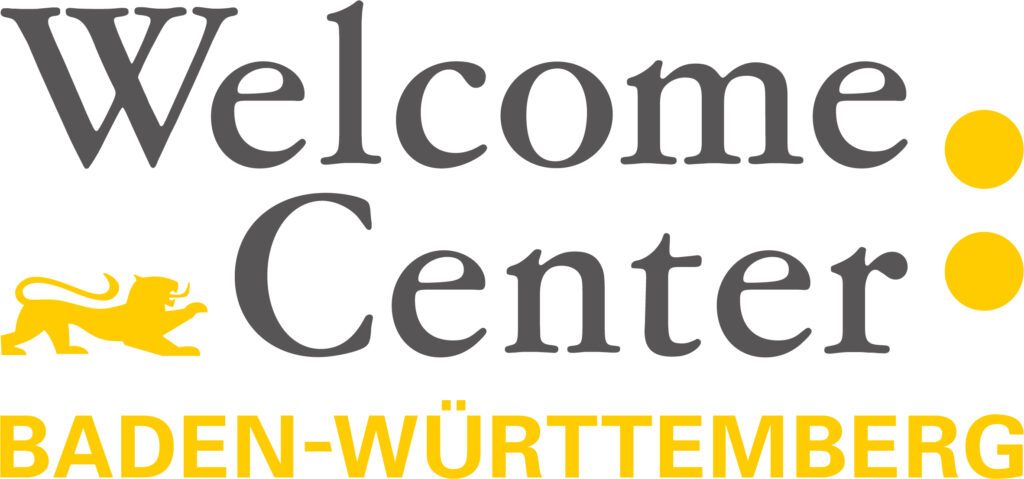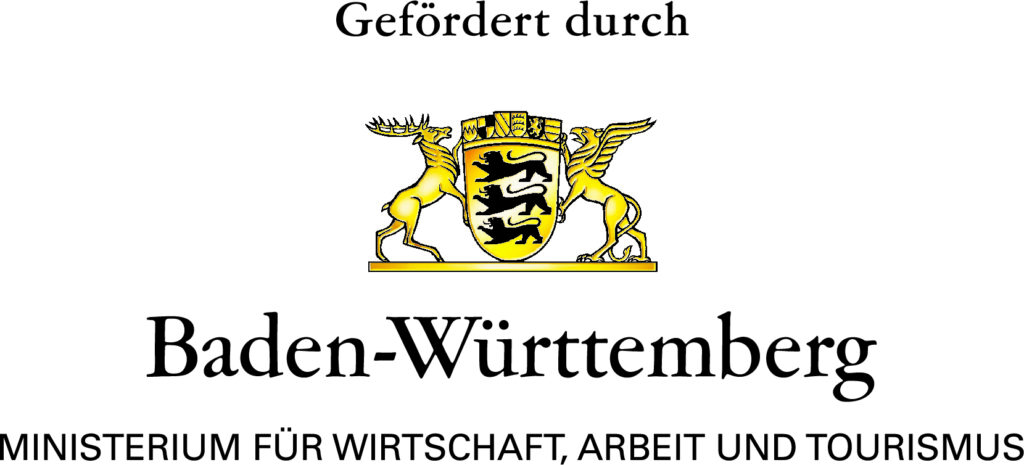Stay in Germany
Would you like to come to Germany and work in the Karlsruhe TechnologyRegion (TRK)? We will be happy to answer your questions on topics such as visas or residence permits for Germany.
Stay
During the arrival phase, the main issues are German residence law, visas and residence permits. Many international newcomers are often confused by the bureaucratic structures and processes of German authorities. We advise and help you through the bureaucratic jungle!
For most newcomers, learning German is the top priority. Even though the Karlsruhe TechnologyRegion is already an international region with people from many countries and cultures, a good knowledge of German is essential to succeed in everyday life - both professionally and privately.
We will be happy to assist you and guide you through the various processes for the best possible start at TRK. Get in touch with us!
EU/EFTA citizens
European freedom of movement: Welcome to Germany!
As an EU citizen, you have the freedom to travel to Germany and live here without a visa or residence permit. A valid passport or identity card is all you need to enter the country. You can work in Germany, and this also applies to your family. This also applies to citizens of Liechtenstein, Norway, Iceland and Switzerland, which are members of EFTA.
Please note that you are required to register with the residents' registration office in Germany. This is important in order to secure your right to freedom of movement. The Foreigners' Registration Office can issue you with a certificate of registration free of charge. Family members of EU and EFTA citizens receive an EU residence permit. Welcome to Germany!
Visas and residence permits
The visa is an independent residence permit for the purpose of entering the federal territory and for the first period of stay. The Residence Act distinguishes between the Schengen visa for short stays of up to 90 days (note the 90/180 rule) and the national visa for longer-term stays for a purpose specified in the Residence Act.
There are different types of visas, for example for studying, for skilled workers, for research or for language acquisition. You must state the purpose for which you require the visa in your application. You apply for your visa at the German diplomatic mission in your home country before you leave the country.
Citizens of Australia, Israel, Japan, Canada, the Republic of Korea, New Zealand, the United Kingdom and the USA can enter Germany without a visa and apply for a residence permit for employment before starting work.
Direct contact with the Foreigners' Registration Office in your city is only possible for nationals of the countries mentioned, even if you are already in Germany. However, if you intend to take up employment shortly after entering Germany, it is recommended that you apply for a visa in advance.
Third-country nationals, on the other hand, must apply for a visa at the German embassy or consulate before entering the country.
Longer-term residence permits
After entering Germany, you can obtain a (temporary) right of residence or a (permanent) settlement permit. You must submit your application for a residence permit to the immigration authority by the expiry date of your entry visa at the latest.
Your residence permit provides information on whether and to what extent you are allowed to pursue gainful employment. As a foreigner, you may only work if your residence permit allows you to do so. If you wish to extend your residence permit, please submit your application in good time before it expires. This will prevent you from having to leave the country and losing your work permit.
You can find more information on visas and residence on the Federal Government's portal for skilled workers from abroad.



